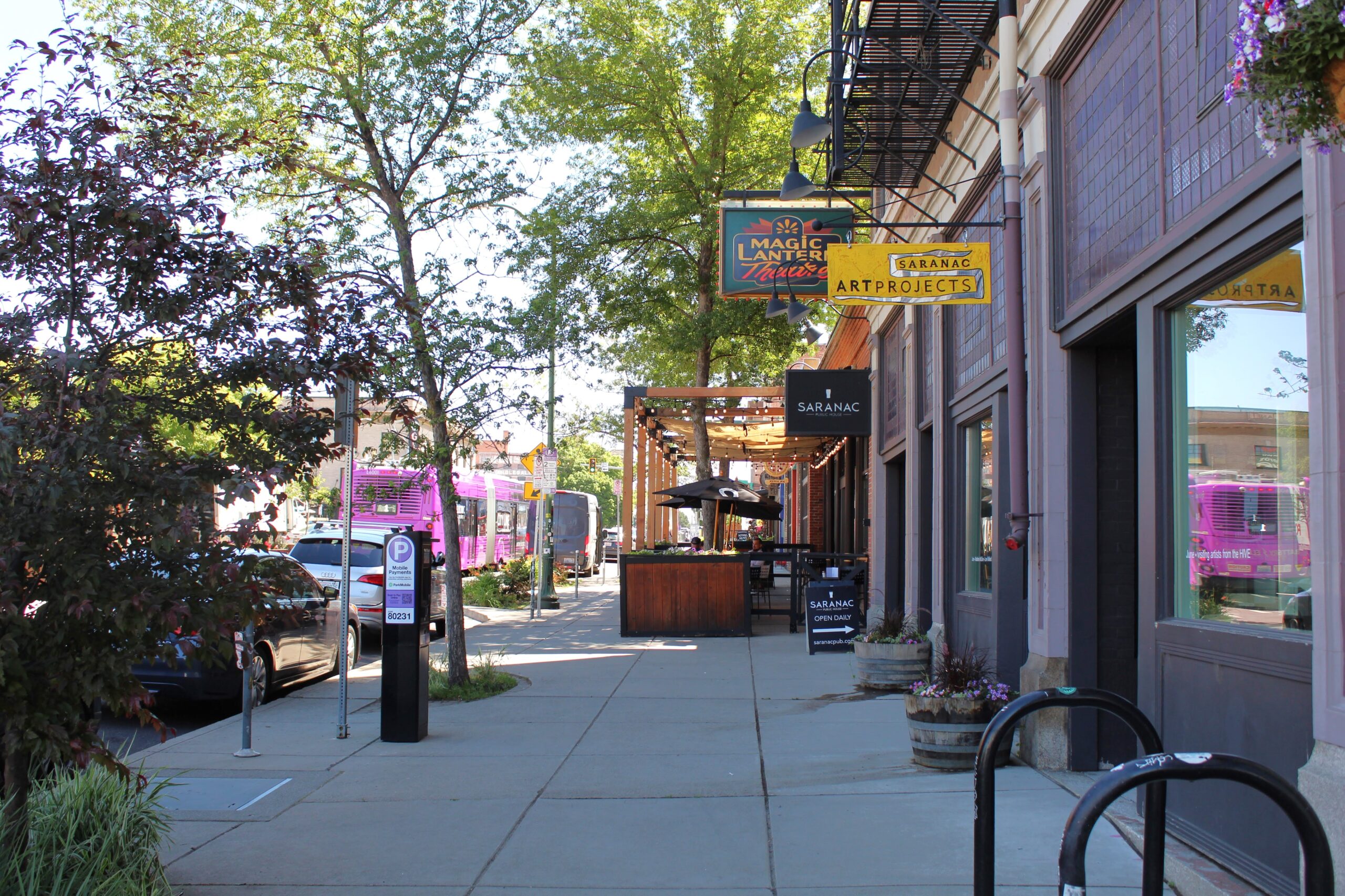Notes from the Executive Director – September 2022

Another month has come and gone, and as someone who loves data, I always looked forward to regularly scheduled data releases in August and September. For many years, these new data releases were opportunities to see how the communities and movements I belonged to were making measurable improvements in the world around us – more people riding transit, more affordable homes being built, fewer acres of farmland lost – all the things we push for here at futurewise. But sometimes, new data breaks your heart.
New public health data released late last month revealed that American life expectancy continued a sharp decline in 2021 to 76.1 years from 78.8 years in 2019. American Indian and Alaska Native communities were hit the hardest, with life expectancy falling from 71.8 years in 2019 to 65.2 years in 2021. In fact, all racial groups saw their biggest life expectancy declines in nearly a century. COVID-19 was the primary culprit, but rates of death from injuries, heart disease, liver disease, and suicide also increased significantly.
Looking at international comparisons, the US had already been falling behind similarly wealthy countries for decades. As a continuation of that divergence, those countries saw smaller declines in 2020 and actually started gaining back years of life in 2021. Most Europeans, East Asians, and Canadians can now expect to live about a decade longer than the average American. And again, this isn’t just about COVID.
What does this have to do with us and Futurewise? As someone who has lost friends and family during these last 2+ years, it’s been hard for me to see these sad statistics get little news coverage. It feels as if we’ve abandoned living longer, healthier lives as a shared goal for our communities. But it doesn’t have to be that way. I have been thinking more about the connections between health, place, and the built environment and wanted to share some events and resources with you.
- Where we live has such a big impact on our health and the Washington State Health Disparities map is a great resource for seeing how that plays out locally. HB 1099 would have required that health disparities be addressed, for the first time, in comprehensive planning. We hope to bring similar provisions back next legislative session (more on that soon).
- We know lots of ways to make places healthy. One great resource is the brand new edition of Making Healthy Places co-edited by Washington State’s own Howard Frumkin. I recommend checking it out.
- Last but not least, please join us for a virtual event on Reproductive Justice and Land Use. Reproductive health is public health and these issues are intricately intertwined with how we think about growth and reproductive justice. We will have great panelists and moderator for this engaging conversation.
These things aren’t immediate solutions to the problem. Frankly, I’m unsure if there are any immediate solutions. However, we know that in order to achieve the livable, healthy, diverse communities we are fighting for, we must continue taking actions that will lead us there.
Thank you for joining our efforts in this journey. I look forward to sharing more of what we have done as we enter this new fall season.
Alex Brennan

